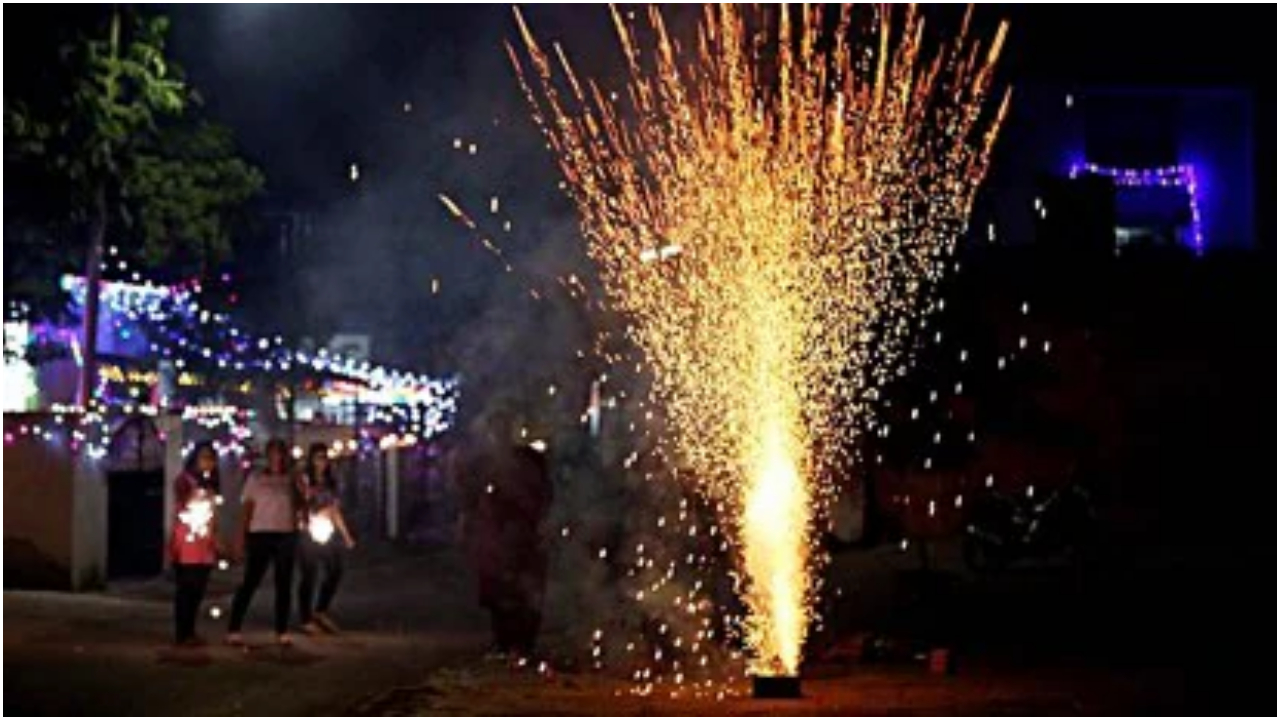66 percent rise in noise pollution in silence zone on Diwali night in THIS city
In the commercial area of Albert Ekka Chowk, noise levels rose by 21.71 per cent against the average permissible limit of 60 dB.

New Delhi: The city of Ranchi witnessed a massive spike on Diwali night. According to the officials, the sound pollution in Ranchi’s silence zone touched 74.65 dB (decibels) on Diwali night on Thursday against a permissible limit of 45 dB, a spike of 65.88 per cent. The official further added that it was, however, a 5.27 per cent increase if compared to pre-Diwali levels recorded on October 24.
According to the data released by the Jharkhand State Pollution Control Board (JSPCB), Ranchi’s Old High Court in Doranda locality, classified as a silence zone, registered an average sound pollution of 74.65 dB between 6pm and midnight. On October 24, the area registered a noise level of 70.91dB.
Here are some of the key details:
- In the commercial area of Albert Ekka Chowk, noise levels rose by 21.71 per cent against the average permissible limit of 60 dB.
- The area recorded 73.03 dB on Diwali night, compared to 68.65 dB earlier in the month.
- The permissible sound limits are 65 dB during the day and 55 dB at night in commercial areas.
The Jharkhand State Pollution Control Board (JSPCB) measured sound levels at four locations—Old High Court (silence zone), Albert Ekka Chowk (commercial zone), Ashok Nagar (residential area), and Tupudana (industrial area)—from 6 PM to midnight.
Ashok Nagar reported noise levels of 52.28 dB, a 4.56 per cent increase over its permissible limit.
Tupudana recorded 69.61 dB, below the average permissible limit of 72.5 dB.
The board had given a two-hour window from 8pm to 10pm for bursting firecrackers this Diwali. Analyst Ramanand Anjan said sale of firecrackers emitting over 125 dB had been banned in Jharkhand.
Ranchi’s air quality also deteriorated on Diwali.
The average PM-10 level was recorded at 404.7ug/m3 at Albert Ekka Chowk between 6am on Thursday and 6am on Friday against a permissible limit of 100ug/m3, while PM 2.5 level was registered at 198.3ug/m3 against the permissible limit of 60ug/m3, Anjan said.
